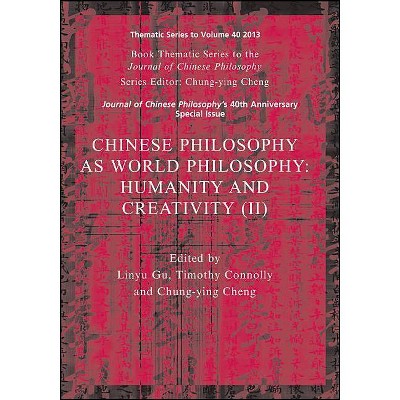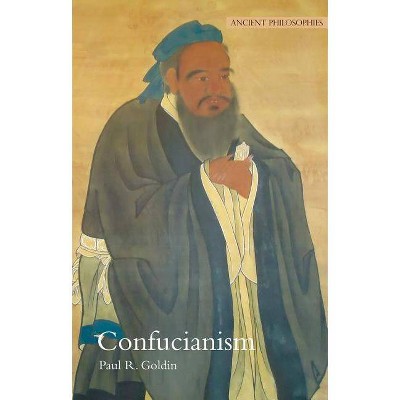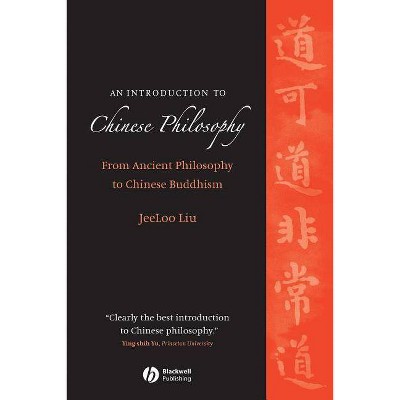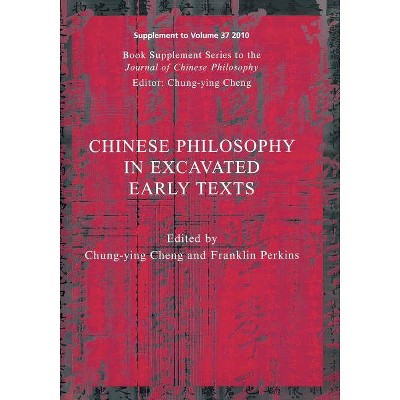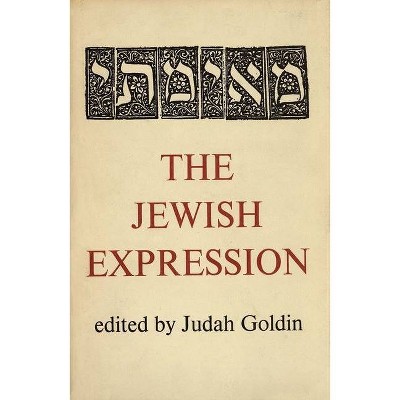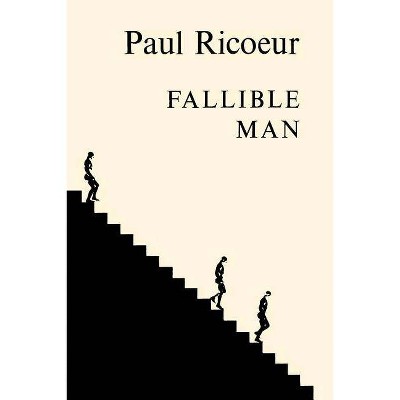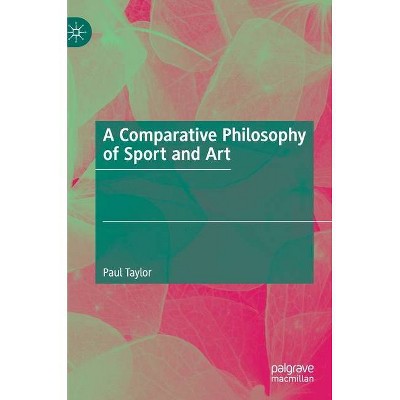The Art of Chinese Philosophy - by Paul Goldin (Paperback)
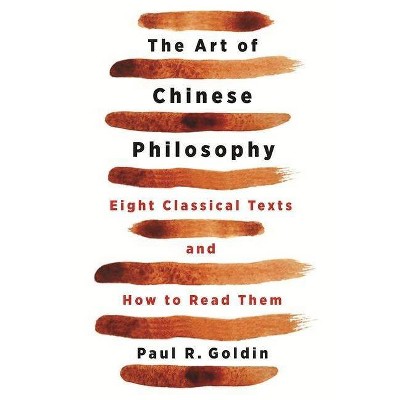
Similar Products
Products of same category from the store
AllProduct info
<p/><br></br><p><b> About the Book </b></p></br></br>"In this book intellectual historian Paul Goldin presents a history and interpretation of the eight most important classical Chinese philosophical texts and schools of thought associated with them: the Analects, Mencius, Mozi, Zhuangzi, Sunzi, Xunzi and Han Feizi. These eight texts represent the core of ancient Chinese thought and are usefully studied in conjunction as they continually respond to one another's arguments. They have also exerted outsize influence on both the history of Chinese philosophical thought, and intellectual life, and remain widely read today. Goldin aims to strike a fundamental balance: paying due attention to the historical circumstances of each text's transmission, without losing sight of its animating ideas. A significant fact (and one which differentiates these texts from the vast majority of Western philosophical texts) is that not one of the eight texts was written in its present form by the philosopher to whom it is attributed. Goldin thus begins the book by asking the basic question "What are we reading?" while also considering why it has been so rarely asked. Yet far from denigrating Chinese philosophy, he argues that liberating these texts from the mythic idea that they are the product of a single great mind only improves our understanding and appreciation. By no means does a text require single and undisputed authorship to be meaningful; nor is historicism the only legitimate interpretive stance. The first chapter takes up a hallmark of Chinese philosophy that demands a Western reader's cognizance: its preference for non-deductive argumentation. Chinese philosophy is an art (hence the title) he demonstrates, more than it is a rigorous logical method. Then comes the core of the book, eight chapters devoted to the eight philosophical texts divided into three parts: Philosophy of Heaven, Philosophy of the Way, and Two Titans at the End of an Age. In a final section Goldin explains the versatile concept of qi (chi), which played a central role in Chinese philosophical thought (as well as the martial arts) and which was thought to be the animating life force of nature and the control of which the key to philosophical wisdom"--<p/><br></br><p><b> Book Synopsis </b></p></br></br><p><b>A smart and accessible introduction to the most important works of ancient Chinese philosophy--</b><b>the <i>Analects </i>of Confucius, <i>Mozi</i>, <i> Mencius</i>, <i>Laozi</i>, <i>Zhuangzi</i>, <i>Sunzi</i>, <i>Xunzi</i>, and <i>Han Feizi</i></b> <p/>This book provides an unmatched introduction to eight of the most important works of classical Chinese philosophy--the <i>Analects </i>of Confucius, <i>Mozi</i>, <i> Mencius</i>, <i>Laozi</i>, <i>Zhuangzi</i>, <i>Sunzi</i>, <i>Xunzi</i>, and <i>Han Feizi</i>. Combining accessibility with the latest scholarship, Paul Goldin, one of the world's leading authorities on the history of Chinese philosophy, places these works in rich context as he explains the origin and meaning of their compelling ideas. <p/>Because none of these classics was written in its current form by the author to whom it is attributed, the book begins by asking, What are we reading? and showing that understanding the textual history of the works enriches our appreciation of them. A chapter is devoted to each of the eight works, and the chapters are organized into three sections: Philosophy of Heaven, which looks at how the <i>Analects</i>, <i>Mozi</i>, and<i> Mencius</i> discuss, often skeptically, Heaven (<i>tian</i>) as a source of philosophical values; Philosophy of the Way, which addresses how <i>Laozi</i>, <i>Zhuangzi</i>, and <i>Sunzi </i>introduce the new concept of the Way (<i>dao</i>) to transcend the older paradigms; and Two Titans at the End of an Age, which examines how <i>Xunzi </i>and <i>Han Feizi </i>adapt the best ideas of the earlier thinkers for a coming imperial age. <p/>In addition, the book presents clear and insightful explanations of the protean and frequently misunderstood concept of <i>qi</i>--and of a crucial characteristic of Chinese philosophy, nondeductive reasoning. The result is an invaluable account of an endlessly fascinating and influential philosophical tradition.</p><p/><br></br><p><b> Review Quotes </b></p></br></br><br>[<i>The Art of Chinese Philosophy</i>] is a book I'd wanted to find before: a lucid, but not simplifying, introduction to eight classic texts, full of lapidary poetry.<b>---Hannah Sullivan, <i>Times Literary Supplement</i></b><br><p/><br></br><p><b> About the Author </b></p></br></br><b>Paul R. Goldin</b> is professor of East Asian languages and civilizations at the University of Pennsylvania and the author of many books, including <i>Confucianism</i>, <i>After Confucius</i>, and <i>Rituals of the Way: The Philosophy of Xunzi.</i>
Price History
Cheapest price in the interval: 24.99 on October 23, 2021
Most expensive price in the interval: 24.99 on November 8, 2021
Price Archive shows prices from various stores, lets you see history and find the cheapest. There is no actual sale on the website. For all support, inquiry and suggestion messages communication@pricearchive.us
